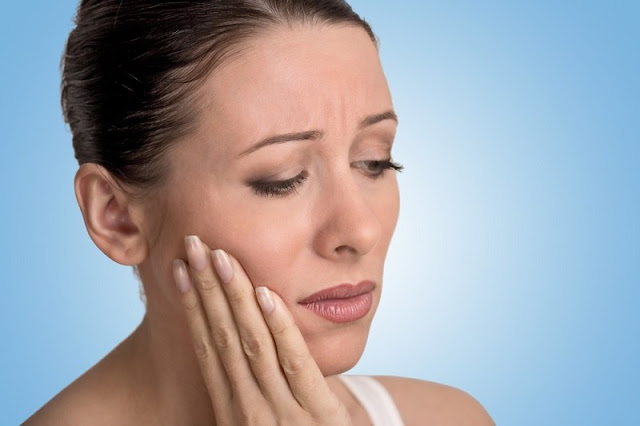Facts on Hair Loss during Pregnancy and Tips to Overcome It
Cases of hair loss during pregnancy can occur in about 40-50 percent of pregnant women and this condition is only temporary. In fact, women more often feel hair loss after childbirth. Precisely during pregnancy, most women feel thicker hair and volume.
High pregnancy hormone levels generally make many mothers feel their hair thicker and shiny, because the hormone estrogen at this time stimulates hair growth. Conversely, hormone levels that drop dramatically after childbirth can cause hair loss. Hair loss after childbirth will usually subside after 3-4 months as natural follicle rejuvenation.
Facts About Hair Loss During Pregnancy
Meanwhile, hair loss during pregnancy is a condition when excessive hair loss occurs in 1-5 months after the pregnancy begins. Hair growth is generally 90% consisting of hair that is growing. While 10% of them enter the resting phase which will then fall out every 2-3 months and replaced by new hair. In the condition of hair loss during pregnancy, the amount of hair that enters the resting phase can increase, where about 60% of the hair in the growing phase will enter the resting phase. This condition is called telogen effluvium. Hair loss during pregnancy can be a sign of lack of minerals or vitamins. The condition may still not improve after the baby is born. The body, including hair, needs time to return to its condition before becoming pregnant.Minimize Hair Loss
During pregnancy, the increase in the hormone progesterone can make hair dry, making it more easily broken and resembles the condition of hair loss during pregnancy. Although it is temporary, for some women this condition still feels disturbing. There are various ways that can be done to minimize hair loss.- Use a gentle and non-irritating shampoo and conditioner. If possible, choose shampoos and conditioners that contain silica and biotin.
- Hair is more fragile when wet. Avoid combing your hair wet, especially with a wide-toothed comb. Wet hair can be combed first by using your fingers.
- Avoid combing hair too often.
- Tying your hair back into a break or horse tail risks causing your hair to break more easily. It is recommended to let the hair down.
- Drying hair with maximum heat, straightening hair, and applying chemical dyes to the hair will also worsen hair loss during pregnancy. Also avoid curling hair which can damage hair. If it's urgent, it's better to use a dryer or hair straightener in cool temperatures.
- Although more research is needed, consuming vegetables and fruits that are rich in antioxidants and flavonoids is believed to strengthen growth and protect hair follicles.
- Consult your doctor if you want to take nutritional supplements to strengthen hair such as vitamin C, biotin, vitamin B complex, vitamin E, and zinc.
- If needed, you can consult how to balance hormones with your doctor.



Komentar
Posting Komentar